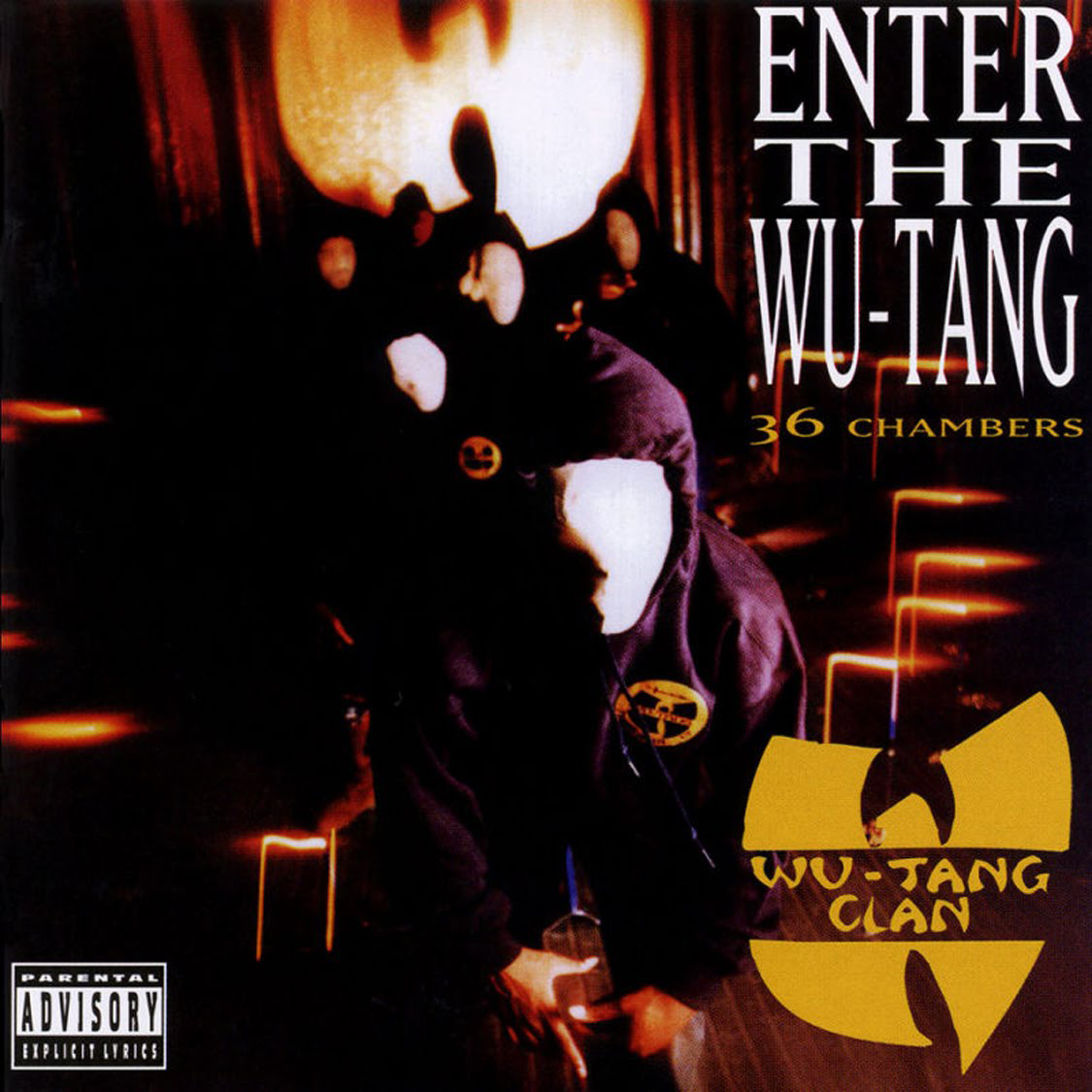Throwback Thursday: Wu-Tang Clan’s kung fu-based rap shapes entire genre

By Brendan Hornbostel
Nov. 14, 2013 1:57 a.m.
An influential rap collective is hard to find. When voices and rhythms, each with their own dynamic eccentricities, come together, some artists are overshadowed and individuality fades away. Then there’s Wu-Tang Clan.
The Wu-Tang Clan, a rap collective whose original lineup pioneered East Coast hardcore rap in the early ’90s, was able to capture each member’s character and importance in a way that not only gave the group a massive underground following, but drove the individual careers of members and inspired a generation of tenacious rap.
Wu-Tang Clan’s debut album “Enter the Wu-Tang (36 Chambers)” demonstrates how strong of an influence one record and one group has had on the entire genre of hardcore rap music. The album broke barriers from its humble and personal subject matter to the record’s rough, stripped-down production.
Led by the producing genius and gritty beats of RZA, Wu-Tang Clan was inspired by the 1983 Chinese kung fu film “Shaolin and Wu Tang” and incorporated the aesthetics of Eastern kung fu into its brand of rap. RZA integrated English dubs from the film into “36 Chambers,” and the group made the integration a solid theme throughout its career.
Beginning with a film dub of Shaolin and Wu-Tang fighting styles, lead track “Bring da Ruckus” bursts into RZA’s hook like the Wu-Tang sword style itself, while Ghostface Killah slices through gritty couplets of rap like a dedicated swordsman.
“Bring da Ruckus” combines the producing prowess of RZA, who fuses funk and R&B; samplings with vibrant, furious hooks throughout the record, with the rugged personality of each rapper, from the wisdom of GZA to the clean and punchy rhymes of Inspectah Deck.
“Check it, my method on the microphone’s bangin’/ Wu-Tang slang’ll leave your headpiece hangin’,” Inspectah Deck raps on “Bring da Ruckus.”
When “36 Chambers” was released in November 1993, hardcore rap had yet to find its place in music. On the West Coast, the rap collective N.W.A. had seen success, but for the East Coast, Wu-Tang Clan brought the flair and shock of gangster rap to its commercial mantle.
The group’s ability to take the precision of martial arts sword fighting and blend it with the dogged narratives of growing up in the slums of Staten Island allowed Wu-Tang Clan to efficiently define East Coast hardcore rap, paving the way for the likes of Notorious B.I.G., Nas and Jay-Z.
Wu-Tang Clan established its rapping style by complementing every member’s approach and letting the individual rap flows define every track. From the unleashed jest of the late Ol’ Dirty Bastard on “Da Mystery of Chessboxin'” that foreshadowed modern-day rappers like Odd Future, to the outspoken zeal of Ghostface Killah on “Can It Be All So Simple,” every member colored the record with his own rapping palate.
The collective’s first single, “Protect Ya Neck,” which spawned Wu-Tang Clan’s underground following in the New York rap scene, is a full showcase of what nine individual members can accomplish in a single track. The track still stands today as the original exhibition of East Coast hardcore rap, featuring verse after verse of Wu-Tang Clan’s celebrated fast and deadly rap couplets, professing the power of the group’s music.
“That’s what you get when you misuse what I invent/ Your empire falls and you lose every cent,” GZA raps on “Protect Ya Neck.” “For trying to blow up a scrub/ Now that thought was just as bright as a 20-watt light bulb.”
“36 Chambers” was able to spawn so many classic records, from the East Coast hardcore rap scene and beyond, because of its inclusion of distinct rapping styles and its range of narrative. The album punctuated tracks of personal narratives, from the outrageous verses from Method Man and Ol’ Dirty Bastard to Inspectah Deck and Raekwon’s solemn and moving trials of drug culture on “C.R.E.A.M.”
“I grew up on the crime side/ The New York Times side/ Staying alive was no jive,” raps Raekwon on “C.R.E.A.M.” “Figured out I went the wrong route/ So I got with a sick tight clique and went all out.”
Two decades after “36 Chambers” debuted, Wu-Tang Clan remains one of the most influential rap collectives, inspiring numerous artists since and pioneering a sound that continues to capture young generations with its vulnerable yet irrepressible passion. In the words of Ghostface Killah on “Bring da Ruckus”:
“Wu-Tang Clan spark the wicks.”

